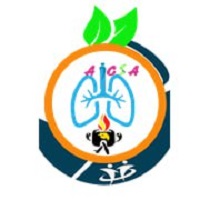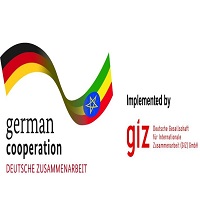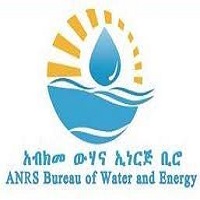Founding and Establishment of ARICSA
The Amhara Region Improved Cook Stove Association (ARICSA) was founded in 2017, positioning itself as a crucial entity within the realm of non-profit associations dedicated to addressing environmental and health concerns. The inception of ARICSA stemmed from a recognition of the significant challenges posed by traditional cooking methods prevalent in the Amhara region, which not only contributed to deforestation but also posed serious health risks due to smoke inhalation. The association was established with the vision of promoting sustainable cooking solutions through improved cook stove technologies.
The mission of ARICSA focuses on enhancing the livelihoods of communities through the adoption of energy-efficient cooking practices. The organization aims to empower local populations by providing access to improved cook stoves that reduce fuel consumption and alleviate indoor air pollution. By championing these initiatives, ARICSA embodies a commitment to sustainable development while also addressing urgent health and environmental issues faced by families in the region.
Operating as a professional association, ARICSA engages in various capacities, including advocacy, education, and the dissemination of information regarding improved cook stoves. Its legal registration, attained through the Amhara National Regional State Charities and Societies Registration and Administration, stands as a testament to its credibility and operational legitimacy. This certification enables ARICSA to function effectively within the community, attracting support from donors and stakeholders, and facilitating partnerships with governmental and non-governmental organizations. Such collaborations enhance the outreach and impact of ARICSA’s initiatives, allowing for a robust engagement in community-driven projects aimed at promoting health and sustainable energy use.
Impact and Contributions of ARICSA
The Amhara Region Improved Cook Stove Association (ARICSA) has made significant strides in transforming cooking practices in the Amhara region, addressing both health and environmental concerns through its innovative initiatives. One of the principal programs implemented by ARICSA involves the promotion of improved cooking technologies, specifically designed to reduce smoke emissions and improve energy efficiency. By encouraging the use of cleaner cook stoves, ARICSA has effectively minimized the detrimental effects of indoor air pollution, which is a leading cause of respiratory diseases among vulnerable populations, particularly women and children.
Moreover, the introduction of these improved cook stoves has led to enhanced energy efficiency, allowing households to utilize fuel more effectively and reduce energy expenditure. This transition not only helps families save money but also contributes positively to the local economy by decreasing dependence on traditional fuels such as firewood and charcoal. As families shift to cleaner cooking technologies, there is a notable reduction in the time spent collecting firewood, allowing for greater participation in educational and economic activities.
In partnership with local stakeholders, including government entities and non-governmental organizations, ARICSA has fostered community engagement and education initiatives. These collaborations have created awareness about the health benefits associated with cleaner cooking methods and have facilitated access to affordable cook stoves. The active involvement of community members has empowered them, promoting ownership of the cooking technologies and ensuring the sustainability of ARICSA’s efforts.
Furthermore, the societal implications of these initiatives extend beyond individual health, fostering a broader culture of sustainability. As communities adopt improved cooking technologies, there is an increased awareness regarding environmental conservation, sparking proactive behaviors aimed at preserving local ecosystems. Collectively, ARICSA’s initiatives represent a holistic approach to fostering healthier and more sustainable practices within the Amhara region, ultimately leading to improved quality of life for its inhabitants.



